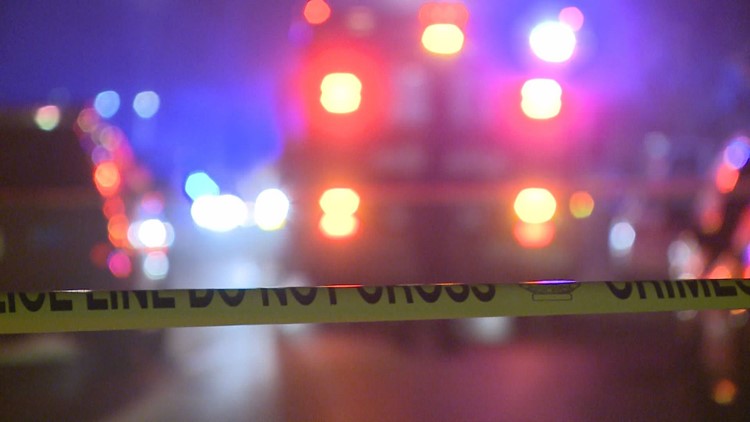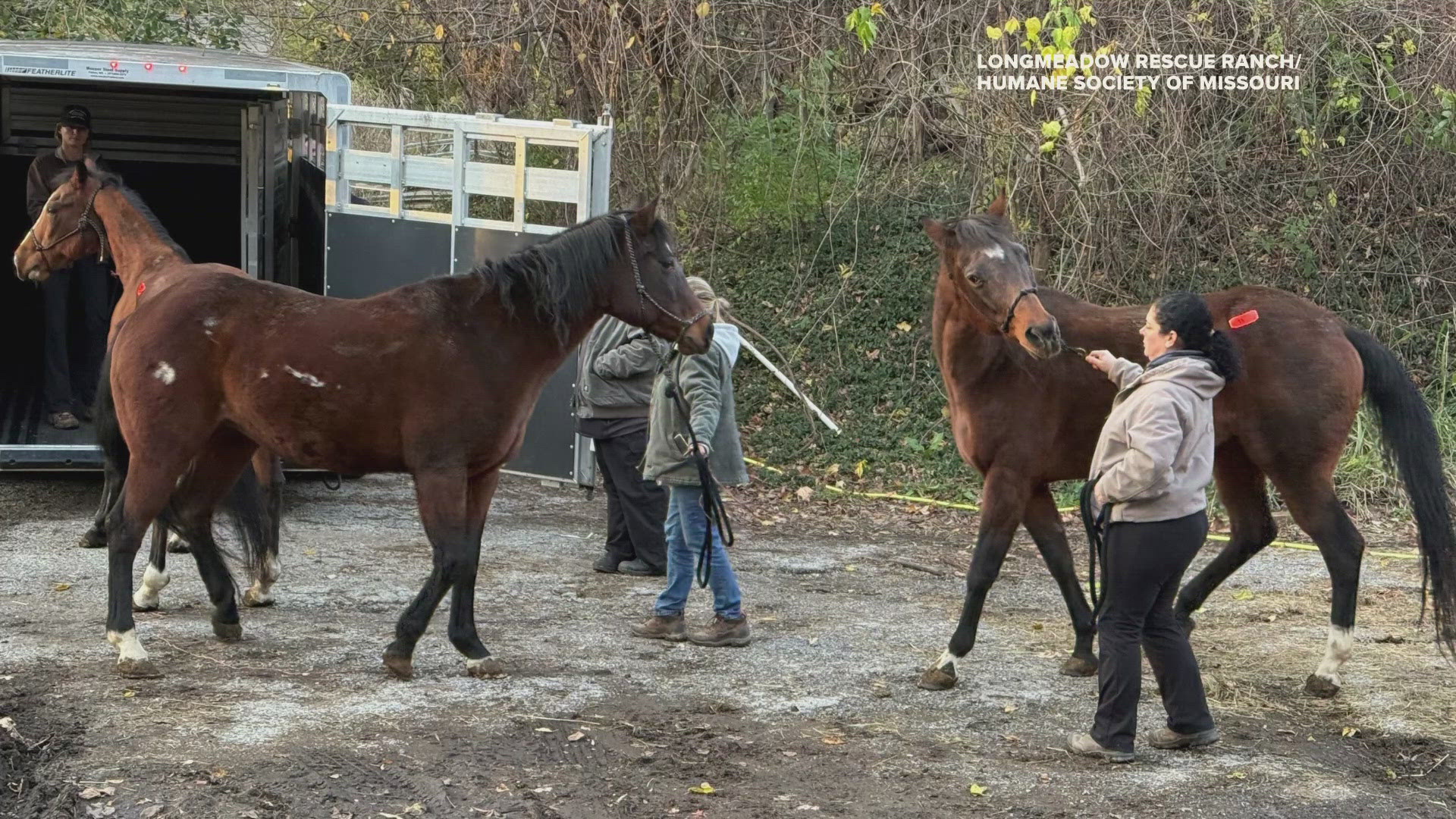ST. LOUIS — When the crime scene tape is gone.
When the vigils are over.
When the cameras stop rolling.
That is when the healing from a violent situation is just beginning. That is when clinicians like Keyria Jeffries get to work.
"Some people never recover from a traumatic situation like being shot," said Jeffries, a clinical case manager with the Life Outside of Violence program, which is aimed at helping victims recover from their injuries and break the cycle of violence.
When someone goes to the emergency room in any of the four partner hospitals with gunshot wounds or other injuries related to violence, clinicians like Jeffries respond, meeting with the victims within 24 hours.
Jeffries is stationed at St. Louis Children's Hospital, so her clients are young. And from her perspective, they're getting even younger.
"We're starting to get kids younger and younger coming in with significant gunshot injuries," she said.
Her youngest client is 9 years old.
Jeffries starts by making contact with a child and family. She will bring in all of the people and organizations in the child's life, like teachers, doctors and therapists. The greatest indicator of whether a child can recover, Jeffries said, is a strong network of support.
Jeffries can point the family toward resources that offer physical and mental health assistance as well as other programs that offer food, employment and housing help.
It's not just about treating the physical wound.
"Let this child know they are loved and we are going to protect them," she said. "The kid needs to feel safe again."
RELATED: A tragic number: More children fatally shot in St. Louis so far in 2020 than in all of 2019
The Institute for Public Health at Washington University launched the Life Outside of Violence program in 2018. It incorporates resources from research universities in the area: Washington University, Saint Louis University and the University of Missouri - St. Louis.
Anyone living in St. Louis or St. Louis County between the ages 8-24 is eligible. Currently, there are 148 people enrolled and, to date, 29 people have graduated.
The participants have accomplished goals like finding employment, WashU said. They've also reported improved relationships and a decrease in post-traumatic stress, anxiety and depression.
WashU said the recidivism rate for the program is 2%. That means, of those who are currently enrolled or graduated, 2% end up back in the hospital as victims of violent crime.
Clinicians offer services to their patients for up to a year, enough time for Jeffries to see success.
She recalled her work with a 16-year-old boy was shot in the abdomen. He also witnessed the shooting death of his cousin. Jeffries met him in the hospital.
"It was very, very traumatic," she said. "We provided services to him, his siblings and other members of the family."
She followed him on his path of recovery. Once out of the hospital, the teen went through physical therapy. He wanted to "get his life back."
Eventually, he set higher goals. He worked on preparing for ACT testing and applied to six colleges.
The subject of his admission essays: overcoming trauma.
"It was phenomenal to see him laid up, shot and in physical therapy, to being excited about ACT scores," Jeffries said. "This young man was truly exceptional. He had wonderful family support."
But Jeffries said not everyone who is approached wants to enroll in the Life Outside of Violence program. Clinicians spend a month trying to make contact and reaching out.
Even if they don't enroll, Jeffries said she hopes she can still make an impact.
"If they’re not ready for change right now, maybe some point down the line they’ll remember a conversation we had that will help them," she said. "We know it could go either way. Some people never recover from a traumatic situation like being shot."
To learn more about the program, contact the Washington University Institute for Public Health: 314-327-6697 or email: ProjectLOV@WUSTL.edu.



